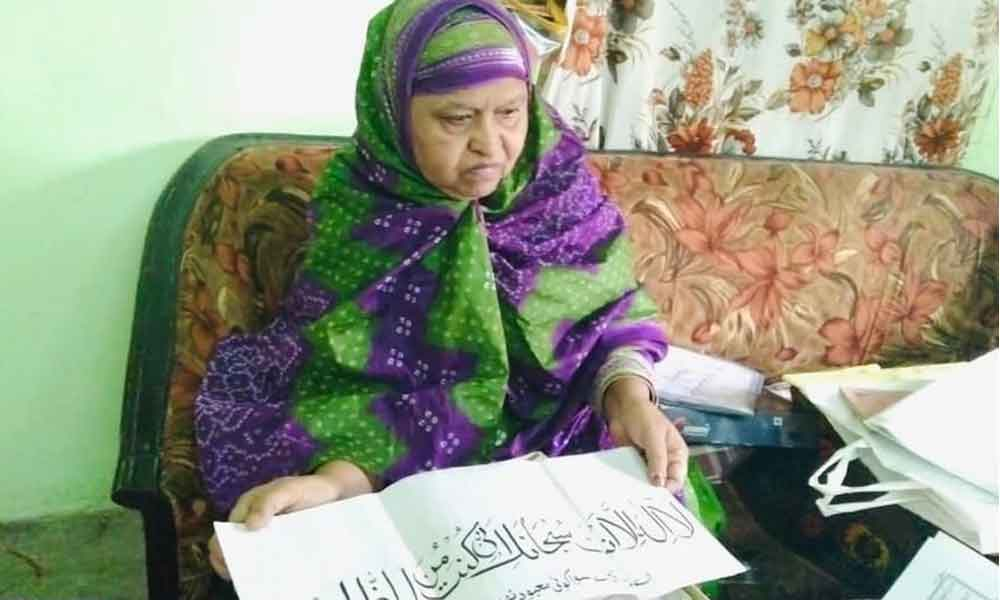Live
- Progress of country, tribals are inter-linked: President Murmu
- FIH Women’s Pro League: England thwart India fightback, win bonus point in shootout
- Metro Railway Kolkata to evacuate stranded rakes from tunnels using battery power
- Controversy Over Congress President’s Remarks on Maha Kumbh Mela
- CM Urges H.D. Deve Gowda to Stand Above Politics for Karnataka’s Water Rights
- Unseeded Kyrian Jacquet upsets second seed Billy Harris to win Delhi Open 2025 singles title
- India headed to become $30-35 trillion economy in next two decades: Piyush Goyal
- Medical Students to Adopt Rural Families as NMC Pushes for Community-Based Learning
- Central Railway runs special trains, improves crowd management for Mahakumbh devotees
- Yamuna's cleaning drive in Delhi: PM Modi's pre-election promise now in action









